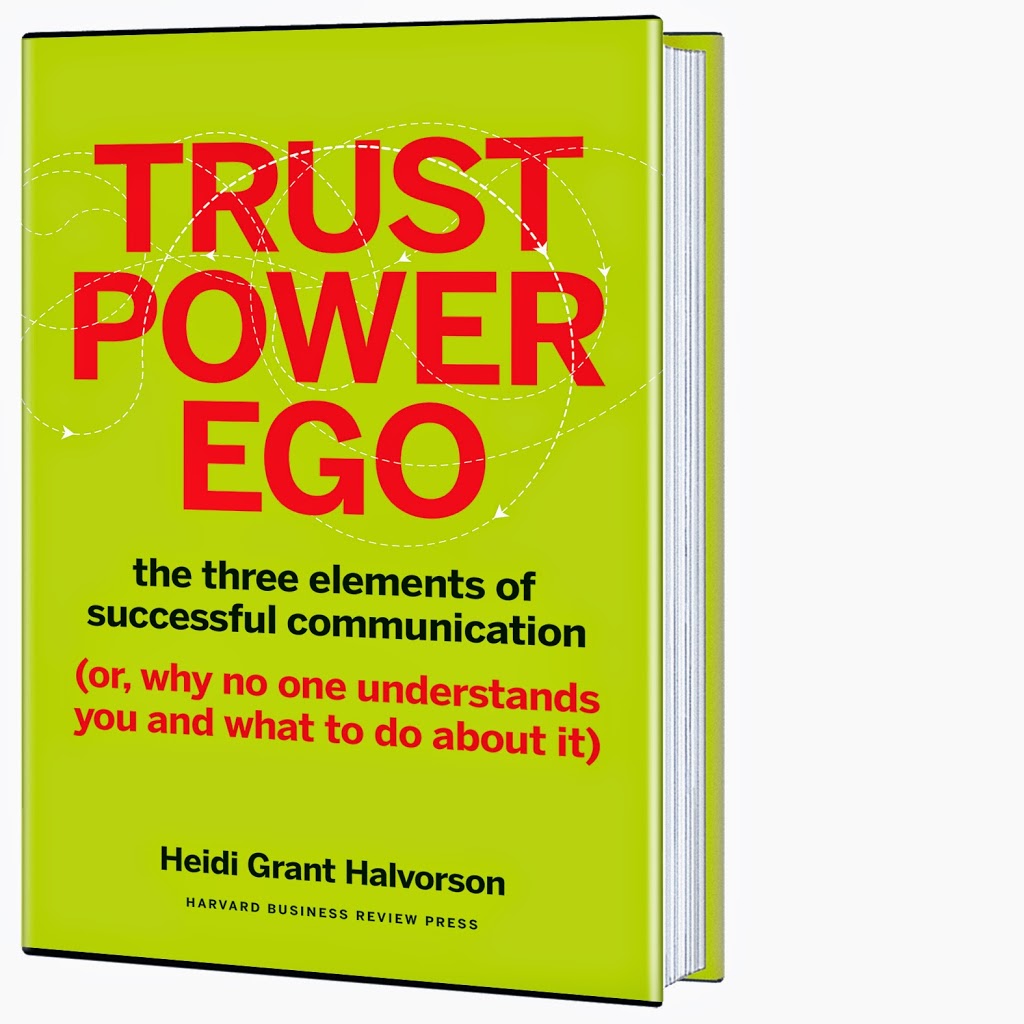I am fortunate to receive a fair number of books in the mail each year from authors and publishers to review. (Well, technically not always fortunate. Some of those books are just terrible.)
Among those that have come out recently (or are coming out later this year) these are my absolute favorites:
Get Scrappy: Smarter Digital Marketing for Businesses Big and Small by Nick Westergaard
The modern era of marketing feels like what would happen if you gave every fifteen year-old the keys to their own car without bothering to teach them how to drive. Some would be fine, others would crash, and the rest would never even get the engine started. Nick Westergaard’s new book is like modern marketing Drivers Ed, if Drivers Ed was smart, funny, and surprising. Thanks to Get Scrappy, I think I’m finally ready to leave my driveway.
Wired to Create by Scott Barry Kaufman & Carolyn Gregoire
The science of creativity is a messy business – decades of research, dozens of theories, and data that seems on the surface to offer up nothing but contradictions. Kaufman and Gregoire have managed something arguably more difficult than turning lead into gold: They’ve made sense of it all. Wired to Create starts with the simple yet profound premise that the science of creativity is messy because creative minds are messy – full of things that don’t seem to go together, but out of their dissonance is born the most wondrous creations and innovations of Man.
Presence by Amy Cuddy
Sir Ken Robinson once remarked that some people treat their bodies like they exist only to take their heads to meetings. But our bodies do a great deal more than that.
You may already know that people read a lot about you from your body language – that it helps determine their impression of you. But you probably didn’t know how much you were reading from your own. Amy Cuddy’s beautiful new book explains how our minds and bodies connect and influence one another, affecting how we feel about ourselves and our place in the world, and describes what you can do to impact your “presence.”
Originals by Adam Grant
I’ll be honest, if Adam Grant wrote a book about yarn, I would be first in line to read it. (And no, we aren’t related.) Because his book about yarn would turn everything I thought I knew about yarn on its head, and show me how (with my new, correct understanding of yarn) I could make powerful, positive changes to my life. But this book isn’t about yarn – it’s about what it takes to be a trailblazer and turn your best, most innovative, most meaningful ideas into reality. And it’s awesome. (I sort of wish we were related, come to think of it.)
The Happiness Track by Emma Seppala
Why do we need psychologists to do research on what makes people happy? The short answer is, because our own intuitions about what does and does not make us happy are just shockingly bad. Human beings run around doing all sorts of things that they think will make them feel better, healthier and more fulfilled – and much of the time they end up feeling even worse. Which is why Emma Seppala’s book should be a universal must-read – a practical, evidence-driven guide to what will actually make each of us truly happy.
Under New Management by David Burkus
On Seinfeld, perpetual screw-up George Constanza eventually realized that if every impulse he had was wrong, if he simply did the opposite he would succeed. In his brilliant follow-up to the Myths of Creativity, David Burkus proves (with data!) just how well that same bit of logic applies to modern management. Get rid of your email, open offices, and performance reviews. Let people take vacation whenever they want, and pay them to quit. If what you’re doing isn’t working, Burkus will show you what does.
The Confidence Game by Maria Konnikova
As nice as it is to pretend that other people are the suckers – the ones who fall for the cons perpetrated by grifters, Ponzi schemers, and unscrupulous sales people – the reality is that human beings are more or less wired to be suckers. In her delightful new book, psychologist and much-better-writer-than-I-am Maria Konnikova explains why that’s true, armed with science and fascinating tales of people getting anywhere from slightly-to-incredibly screwed. Learn what you can do to outsmart the con men (and women), and feel better about the times in the past that you’ve played in the fool. You’re in good company.
The End of Average by Todd Rose
When my daughter was 18 months old, my pediatrician asked me how many words she knew, and then told me that since that number was below “average,” I should see a specialist. As a psychologist, I knew that that was nonsense – that when it comes to child development (and to human ability more generally), “average” is never particularly meaningful, and often doesn’t even actually exist. And since much of how we expect people to learn is tied to this false idea of “average”… well, you see the problem. Read Todd Rose’s excellent new book to see how you can break free of the tyranny of average.
